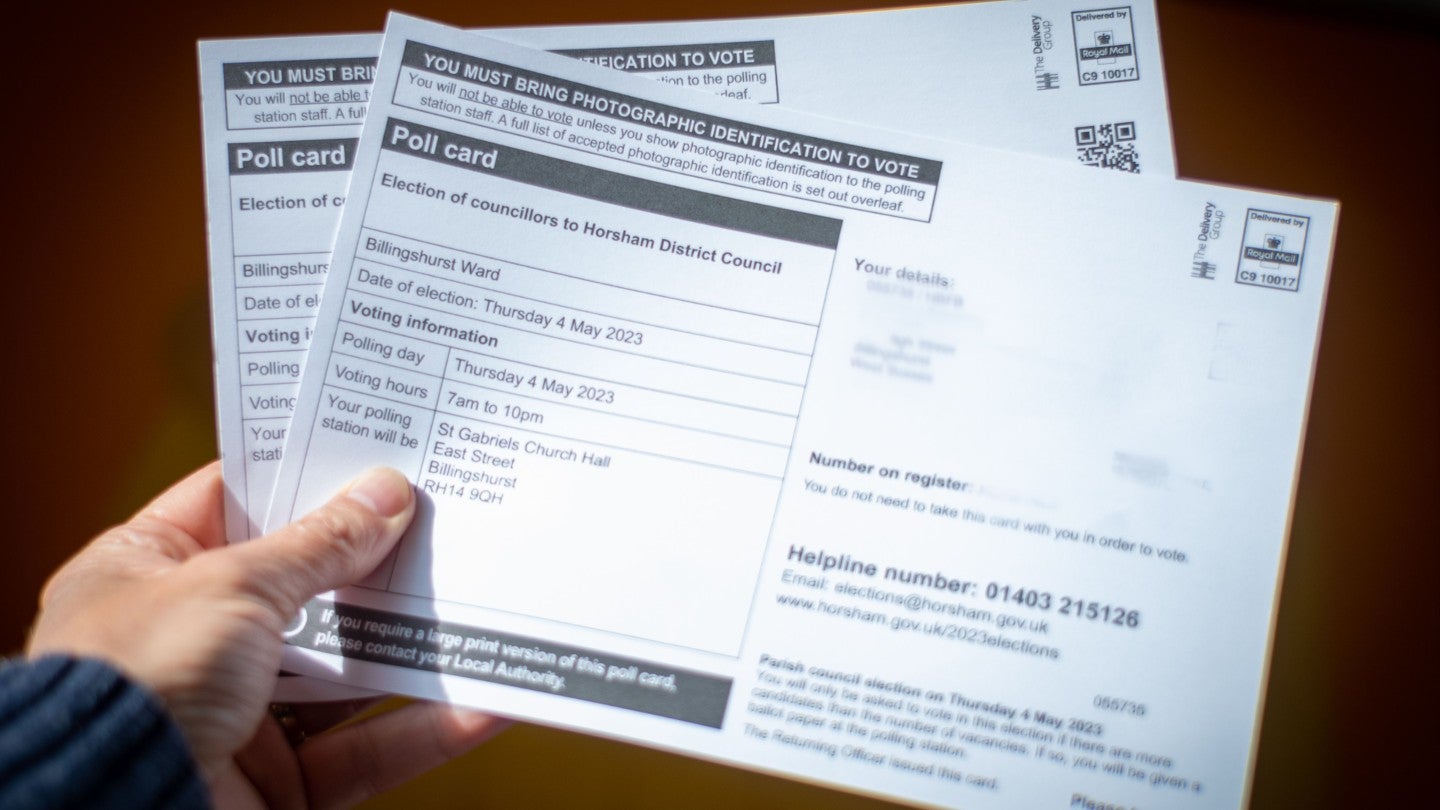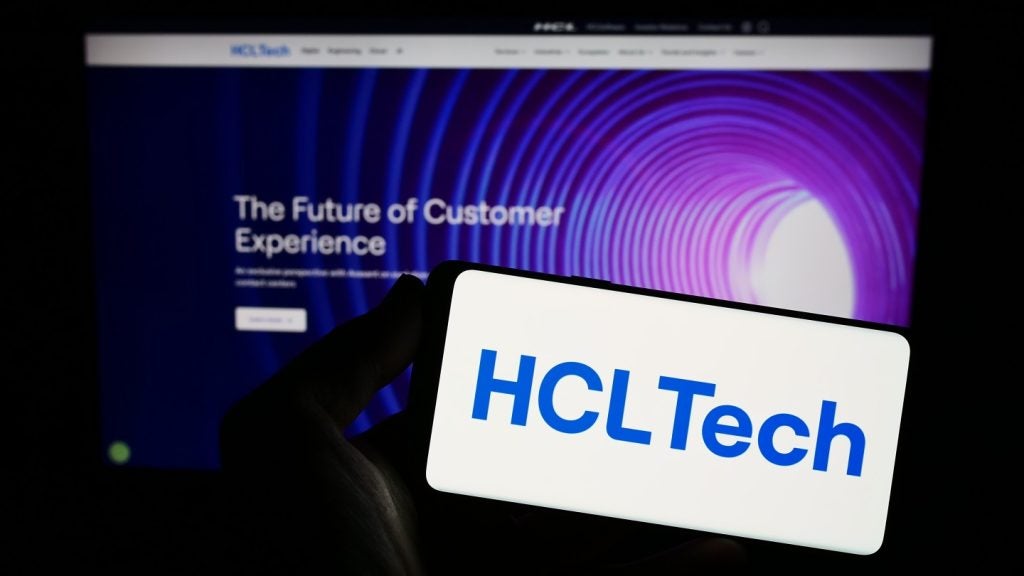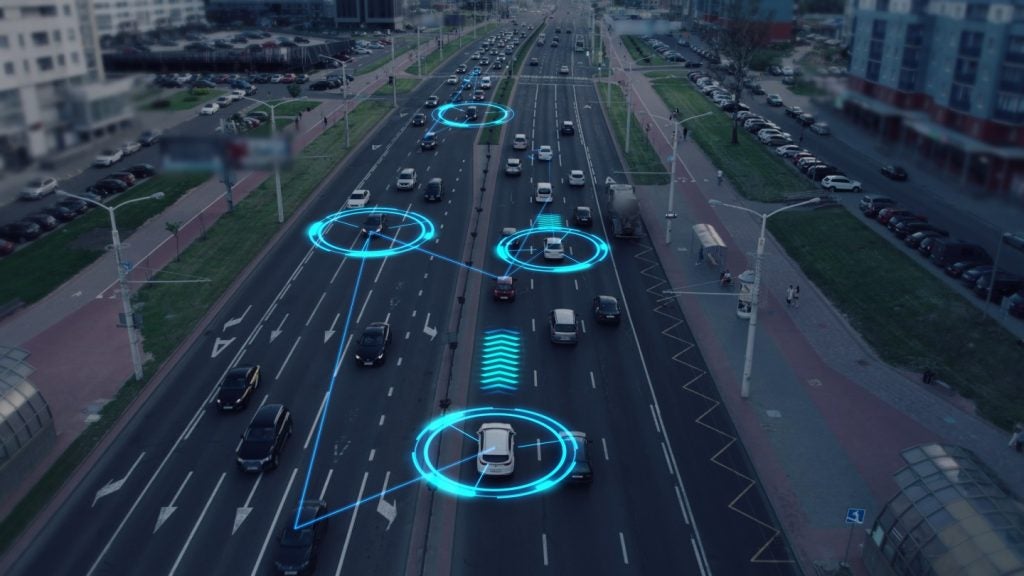
A concerted mobilisation of the world’s most hostile cyber gangs is behind the unprecedented volume of hacks on European electoral infrastructure, including the imminent UK elections, cybersecurity experts have warned.
“There has literally been a call to arms for hacktivists to specifically go after assets and infrastructure,” said Richard Hummel, lead threat analyst at cybersecurity company NETSCOUT, speaking about fears around the protection of voter data in the UK elections next Thursday (4 July) on the Thematic Intelligence podcast.
Concerns around electoral cybersecurity have been amplified by various high-profile hacks on key UK institutions in recent months. The Royal Mail, British Library and, most recently, the Ministry of Defence have all suffered cyber breaches.
Last year, the UK’s Electoral Commission admitted that a hostile cyberattack accessed the names and addresses of 40 million voters registered between 2014 and 2022.
How do cyberattacks affect elections and voter data?
Speaking on the same podcast, Mark Ruchie, chief information security officer for Entrust, added that “adversaries can use [hacked] data for targeted voter harassment” as part of their mission to “discredit democratic processes”.
Targeted political campaigning or disinformation is becoming increasingly personalised – and weaponised – through large language models and generative AI platforms.
How well do you really know your competitors?
Access the most comprehensive Company Profiles on the market, powered by GlobalData. Save hours of research. Gain competitive edge.

Thank you!
Your download email will arrive shortly
Not ready to buy yet? Download a free sample
We are confident about the unique quality of our Company Profiles. However, we want you to make the most beneficial decision for your business, so we offer a free sample that you can download by submitting the below form
By GlobalDataWhen asked if this could influence the outcome of an election, Ruchie said “If [a hack] causes enough friction in the system, yes.”
“If there is enough friction to cause you or me to walk away [from the voting booth] … suddenly that line which four years ago took you ten minutes now is taking you an hour because the database has been corrupted, and the local officials are trying to verify that it is you, a certain percentage of us are going to turn around and walk away.”
Ruchie added that “it could even cause an election to be delayed”, although he “doesn’t perceive that as likely at this point”.
Hummel, Ruchie and Rob Dartnall, CEO and director of intelligence for SecAlliance, named NoName057 and Anonymous Sudan as leading hacktivist groups behind the attacks.
These cyber gangs are widely regarded to have pro-Russian leanings, heavily targeting anti-Kremlin organisations in key votes across Lithuania, Romania, Slovakia and Russia itself, as well as the election of pro-EU, pro-Ukraine Polish premier Donald Tusk at the start of this year.
All eyes now turn to the National Cybersecurity Centre and UK Government’s efforts to curtail an expectedly high volume of cyberattacks ahead of the 4 July election.







